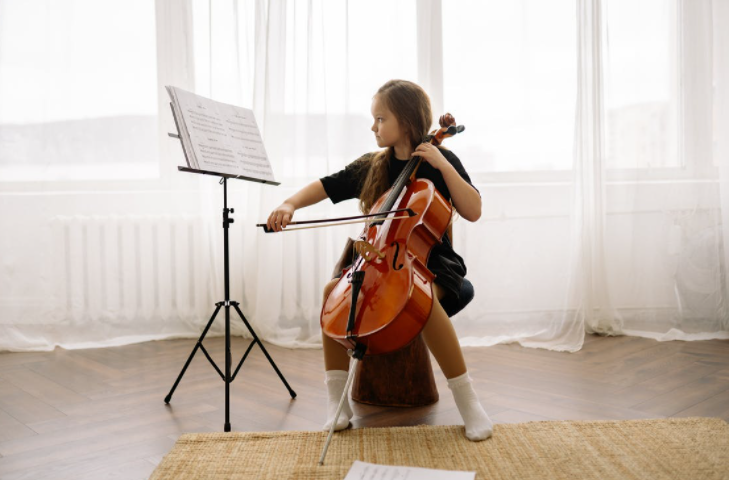Music has been an integral part of human existence since before the beginning of time. Children are exposed to music from an early age. It is a crucial part of their physical, mental, and emotional development. Music is used in school and higher education to enhance learning and memory, improve communication, and build self-confidence. Music can bring many benefits to childhood mental development. You can learn more about it at SeaCoastOnline.com. Aside from that, learning music also offers great benefits to children in terms of their mental development. Let’s take a look at the benefits of music for children’s mental development.

Enhances Language and Literacy Skills
Children learn nursery rhymes, songs, and catchy tunes that help them speak and use language. This is especially important in the early stages of language acquisition. It helps children develop a sense of rhythm and intonation in speech, recognize sentence structures, and understand speech patterns. Songs are also used in foreign language learning to help children remember vocabulary, common grammar patterns, and other expressions. Children enjoy singing and listening to music, which improves their listening, reading, and writing skills.
Improves Social Skills
Although “music connects people” is a cliché, it is very true in this case. Children love to sing, dance, and pantomime. They repeat what they see and hear and often want to share this information with others. Music helps children develop their motor and verbal skills. It gives them the confidence to explore the world and share it with others. Learning to sing or play an instrument can help children overcome shyness or social anxiety. A musician can help them overcome stage fright. They learn to perform in front of friends, strangers, and others.
Helps Physical Development
A child learning to play an instrument can improve motor skills, especially if they are just starting out. For example, children can learn to play a stringed instrument. Playing the piano while simultaneously reading notes and stomping the pedal is a great way to improve hand-eye coordination, agility, and hand coordination. On the other hand, singing and dancing can help children develop their overall coordination.
Strengthen Cognitive Skills
Music is very helpful to children in developing certain cognitive skills such as memory, concentration, and attention. Music, when combined with movement and dance, gives children the opportunity to establish spatial relationships, memorize choreography, and think and sing simultaneously, which helps with brain development.




